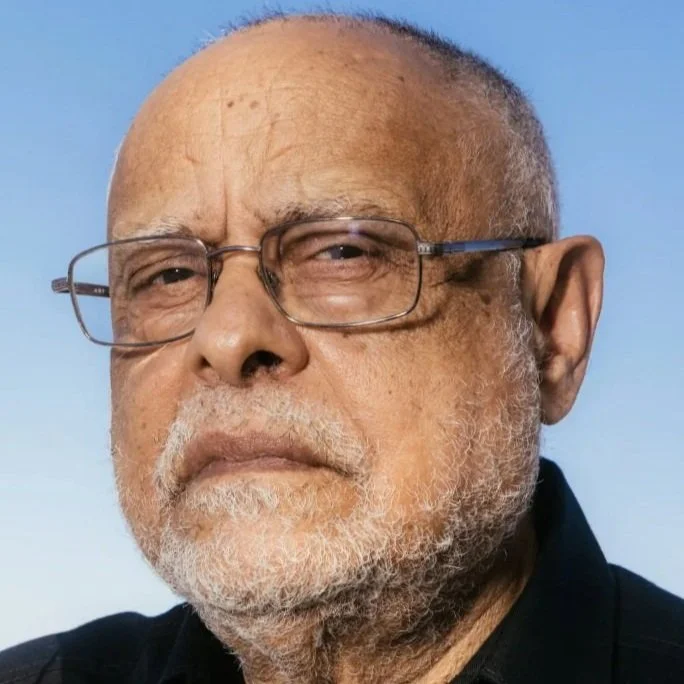Remembering My Inheritance
I woke this morning to thoughts of Haile Gerima - the legendary Ethiopian filmmaker and member of the 1970’s UCLA L.A. Rebellion crew - and Ava DuVernay.
Haile Gerima.
On September 17th, Ava announced that her film releasing company ARRAY would distribute Haile’s groundbreaking 1993 film Sankofa on Netflix. I can’t tell you the joy I experienced at this news. There’s something truly beautiful about this powerful Black woman orchestrating attention and accolades for Haile from an industry that has rejected and ignored him for years. There is poetic justice in the fact that Haile is receiving his very well deserved flowers now.
This is all extremely meaningful to me because I was a graduate student in pursuit of an M.F.A. in Film Production at Howard University (HU) when Haile was a professor there in the early 1990s. I was at HU while Haile was working on and then later released Sankofa. Haile had been my thesis chair for a time, but had to step down from that responsibility to throw his entire self into the grassroots distribution of the film. I remember Haile sharing in one of his classes the struggles he experienced, first to raise the funding for Sankofa, and then later to complete it and get it into the world. I remember the fierce independence and the “by any means necessary” spirit that Haile modeled for me and my peers while in film school. I remember his necessary rants against white supremacy and the Hollywood machine.
And yet, how very soon I forgot.
In 2013, almost two decades after graduating from Howard, I began to formulate an idea for a documentary film about the impact of the white beauty standard on Black women and girls. If I think back to when I began to truly grapple with my own conceptions of beauty, it was while at Howard when I was receiving an earful from Haile week after week, and at some point began to lock my hair for the first time. This connection did not occur to me at the time, but I conceived my film as a first person narrative because I wanted to deconstruct struggles I experienced with my own beauty for other Black women and girls. I understood fairly early on in the process that the film should not be an attempt to shame or beg white people to see and accept Black women and girls as beautiful (that’s another unrecognized outcome of Haile’s influence). But rather, the film would unpack the historical and social implications of white supremacist brainwashing when it comes to Black beauty, celebrate the beauty and magic of Black women and girls that extends far beyond what we look like, and empower us to shake off some of the shackles that bind.
As I ruminate on my own struggles with raising the funds to make this film that I have precariously called baartman, beyoncé & me, and what has appeared to me to be a hesitance, if not reticence on the part of the documentary field to support, let alone fund my film, I am reminded of what I should have never forgotten: Haile (and another HU professor, Alonzo Crawford), planted early seeds of resistance in me and an inclination toward Black libratory filmmaking that have produced fruit, but in ways that I have not always connected back to Haile. He also taught me the essence of guerrilla filmmaking - that warrior impulse to tell stories bent towards social justice that center Black voices, and empower and remind Black people of who they are, regardless of what the white powers that be do or think.
All that Haile taught me is my inheritance as a Black filmmaker, especially as an older, Black woman, still emerging filmmaker, who during film school often looked to the uplifting music and lyrics of Earth, Wind and Fire as a template for the type of filmmaking work that Haile seemed to be encouraging me towards. Because Haile overcame his cinematic challenges, I can do it. Because he taught me, I have it in me to finish my film and tell the story I want to tell unapologetically, and with or without the assistance of traditional funding sources.
I forgot that. But in this moment when I am finding fresh opportunities to revisit Haile’s unique wisdom and perspective as a result of his well deserved time in the spotlight, I am remembering. I have all I need to be the filmmaker I want to be; that I was trained to be.
